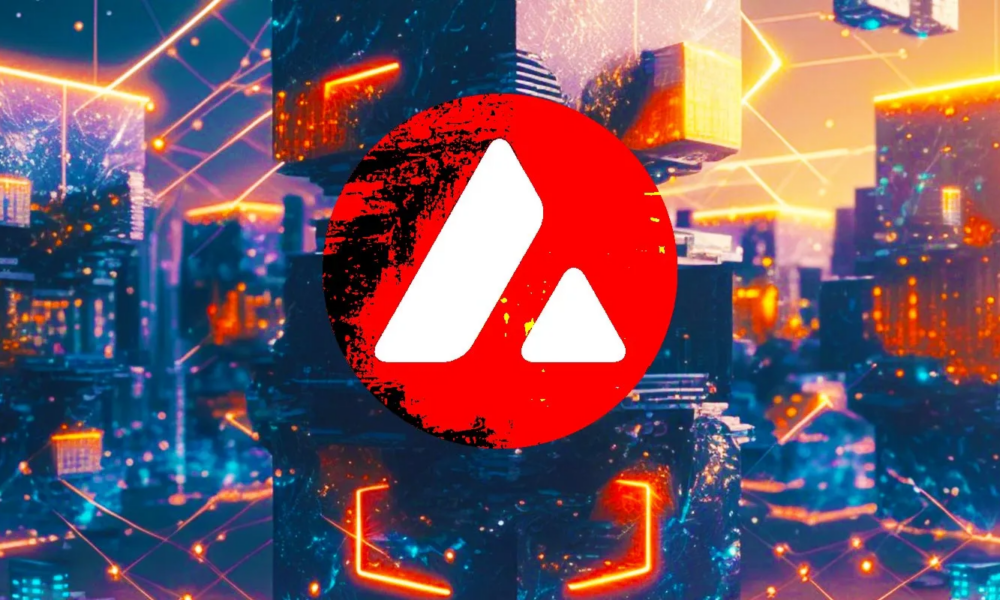- Celebrity hairdresser Ramona Mihalache fell prey to elaborate online scam
- Shock as friends started to message her to find out more about bitcoin mining
- Conmen used WhatsApp to infiltrate her Facebook and Instagram accounts
- ‘Wild West of the internet’ Facebook Marketplace sees soaring number of scams
Every seven minutes today someone in Britain will fall victim to a money scam on Instagram, Facebook or WhatsApp, Lloyds Bank warns.
By the end of the day, hundreds of people will be out of pocket. The only hope scam victims have of getting their money back currently is reimbursement from their bank.
Social media giant Meta has no obligations towards victims – even though scammers use their platforms to target them.
We have been inundated with emails from people who have been caught in the tidal wave of social media scams.
Here, we speak to victims of the social media swindlers…
When celebrity hairdresser Ramona Mihalache received a direct message on Instagram from a close friend asking her to endorse her flower shop as part of an online vote, she didn’t think twice.
A minute later Ramona received a text message on her mobile phone with the link to the vote which she clicked to open.
But the link had been set up by scammers and gave them instant access to her Instagram account.
Within minutes, the scammers posed as Ramona on her Instagram account and posted fake stories.
These went out to her 700 followers, including TV presenter Susanna Reid, supermodels at London Fashion Week and the cast of ITV soap Coronation Street, who are all clients of hers.
The stories showed photos of Ramona giving ringing endorsements of fake cryptocurrencies: ‘BITCOIN MINING has helped me achieve a lot.
‘I grabbed the opportunity of investing £2,000 and I got my profits of £20,000 within three hours of trading.’
Related Articles
HOW THIS IS MONEY CAN HELP
It was only when her friends started messaging her about her ‘success’ with bitcoin mining that Ramona realised that she had fallen for a scam and her Instagram account had been hacked.
‘I’m very active with my clients on Instagram and I was really worried they might get caught up in the scam too or invest and lose money, but I couldn’t do anything to take the posts down.
‘My reputation and livelihood were at stake.’
When Ramona attempted to log into her Instagram account she found her password had been changed.
So she sent a message to the site’s customer support for help.
Shortly after, she received a message on WhatsApp which showed the Instagram logo so she believed it was from the support team.
In fact, it was from the scammers who had sent her the original fake link.
It read: ‘Hello, this is Instagram support team, you made a request that your account was hacked and couldn’t log back in?’
She was told that she would receive a code as a text message and she was to share it with them in order to unlock her account.
Ramona was told that she could use her Facebook account to recover her Instagram account as they were linked.
But the scammers then told her that her Facebook account was also compromised so she would have to share the code for that too.
‘I was receiving so many messsages and codes, I still don’t know what was real and what wasn’t. I was just so worried about my account I was doing what they said,’ she adds.
Ramona unwittingly gave them full control of her social media platforms by exchanging passcodes.
‘They asked for ID to verify me and I sent my driving licence. I then got excited because they thanked me for it and said I had recovered my account.
‘It was only when they asked for a picture of my bank card that I realised I was being played.
‘Within hours I found myself locked out of everything — it was terrifying,’ she says.
By this point, the scammers had infiltrated her email addresses and Lloyds Bank account where they started to change her personal details.
She says: ‘I got very angry, stopped responding and called Lloyds to block my account.
‘I’m so glad I stopped them before they managed to take any money.
‘With my account frozen, I didn’t have access to any of my cash for weeks.
‘I came so close to losing my money. This ordeal has affected me so much emotionally though, I don’t know which messages to trust any more.’
Since then Ramona has created a new Instagram account and attempted to reconnect with her followers and warn them that her profile had been hacked.
To her knowledge, no one has lost money.
j.beard@dailymail.co.uk
Facebook hack led to £400 credit card debt
Tricksters are now cracking into genuine profiles to make their bogus adverts more convincing.
Anyone with a profile on Facebook can pay to post an advertisement (for, say, a job, investment, or any goods they want to sell) that can be seen by a large number of people.
Steve Frewin had not used Facebook to advertise his golfing business in more than three years.
So the 55-year-old entrepreneur from Buckinghamshire was surprised to see a post on his account with a photo of a scantily clad lady advertising her personal services.
Scammers had hacked his account and managed to use an old credit card he had attached to it — even though it had expired.
After reporting the fraud and removing his card details from the account, Steve received a message from Facebook asking him to upload a new card to clear new payments made by the fraudster. His credit card was also charged £200 twice to pay for the advert’s listing.
Steve’s bank, NatWest refunded him the money, but he is appalled by the lack of support he has received from the social media giant.
‘The bank did their bit, but I’ve had no help from Facebook,’ he says. ‘I reported the fraud to them but have heard nothing back. My account is just sitting there, blocked.’
Some links in this article may be affiliate links. If you click on them we may earn a small commission. That helps us fund This Is Money, and keep it free to use. We do not write articles to promote products. We do not allow any commercial relationship to affect our editorial independence.
Credit: Source link














































